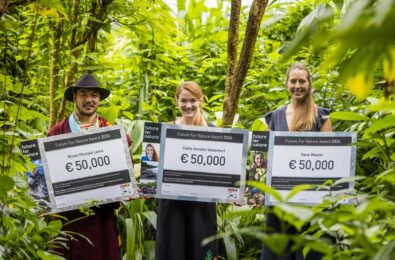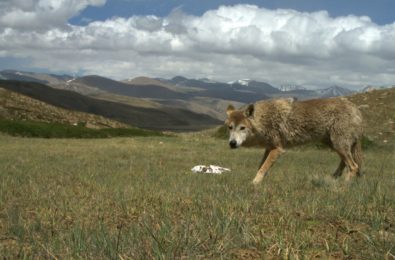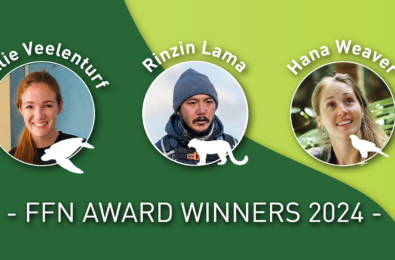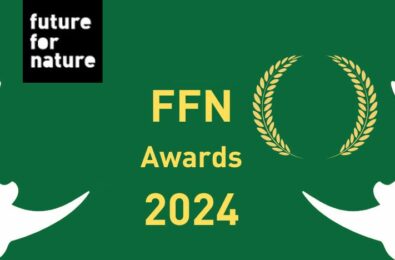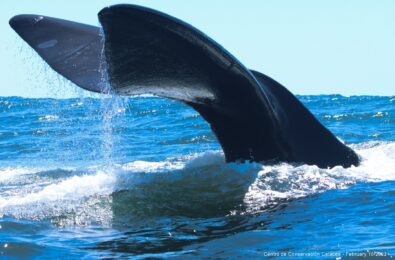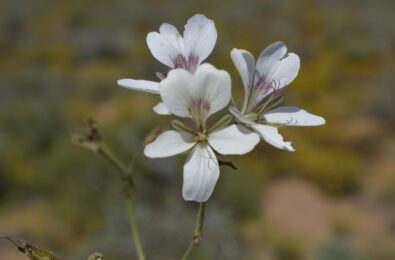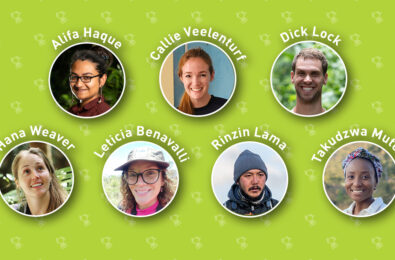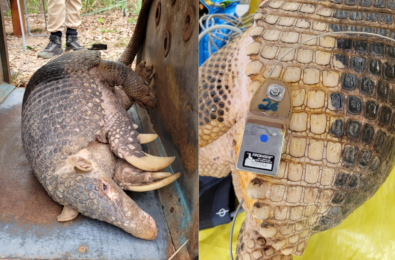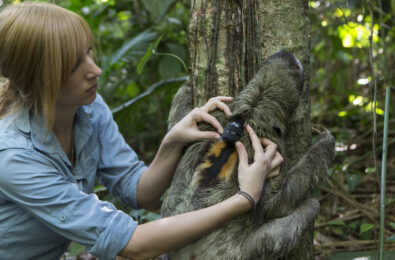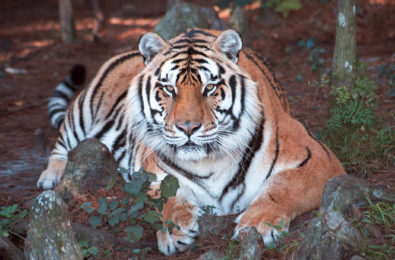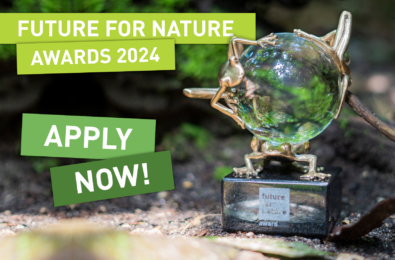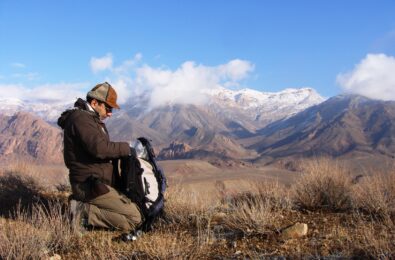Building a home for Campbell’s alligator lizard
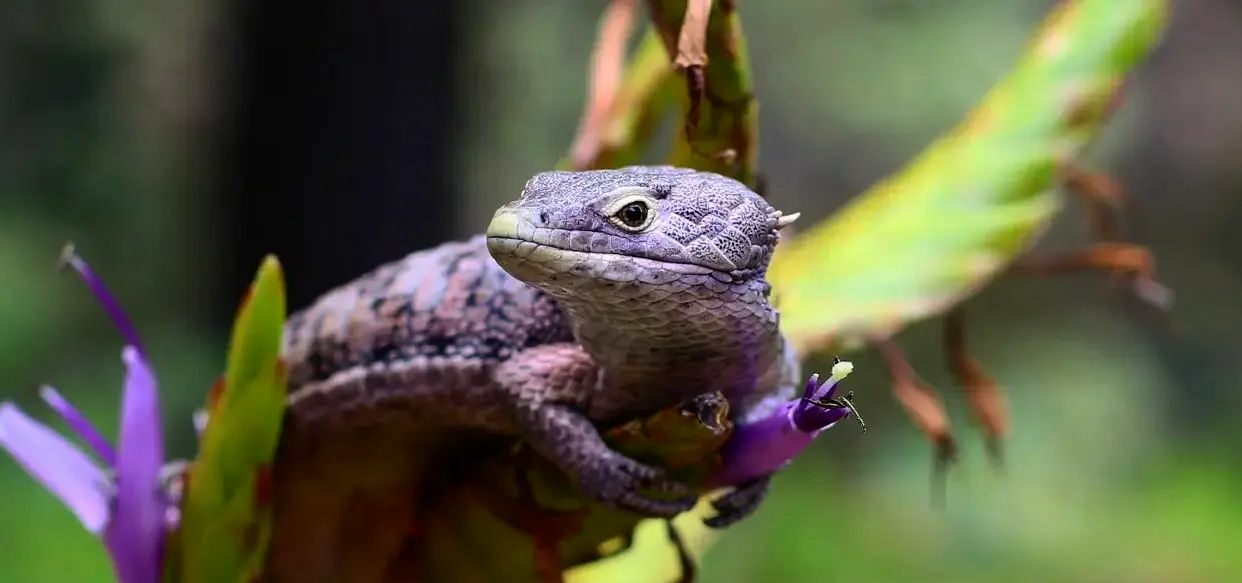
Since rediscovering the Abronia campbelli, or Campbell’s alligator lizard, Mónica Torres (winner 2021) has dedicated her life to recovering and protecting this intriguing species and its habitat. She established the Conservation Abronia project and within a relatively short amount of time Mónica and her team achieved a lot.
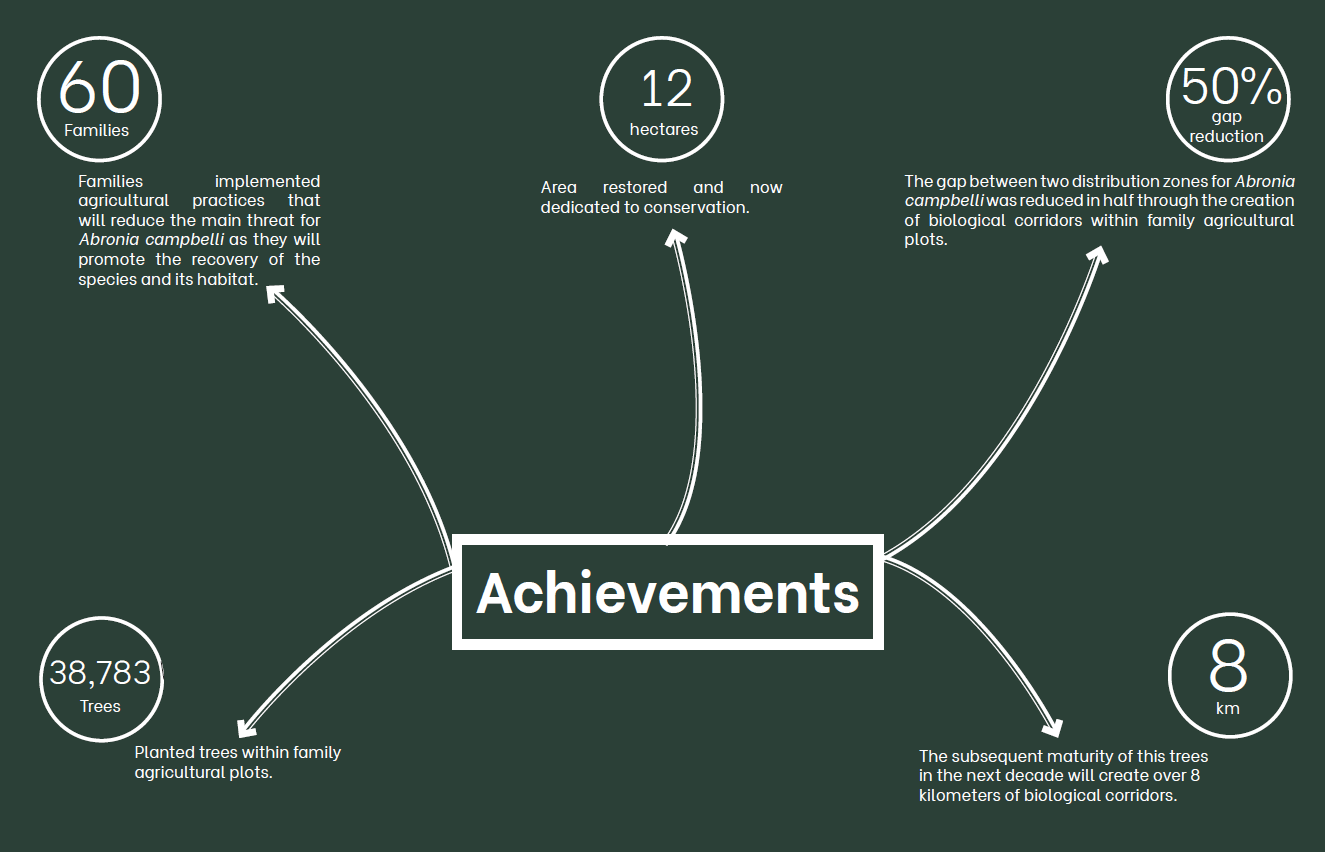
For this year, Mónica and her team again have great ambitions to improve the Campbell’s alligator lizard’s habitat. They are working with communities to plant 20,000 trees in 2022 alone! These tiny trees will support the creation of biological corridors and will increase both the size and the connectivity of the natural area. At the same time, Mónica is focussing on planning and research to determine important reforestation and conservation areas on a landscape scale. This information is crucial to create and choose the most efficient areas for forest corridors and land use modifications.
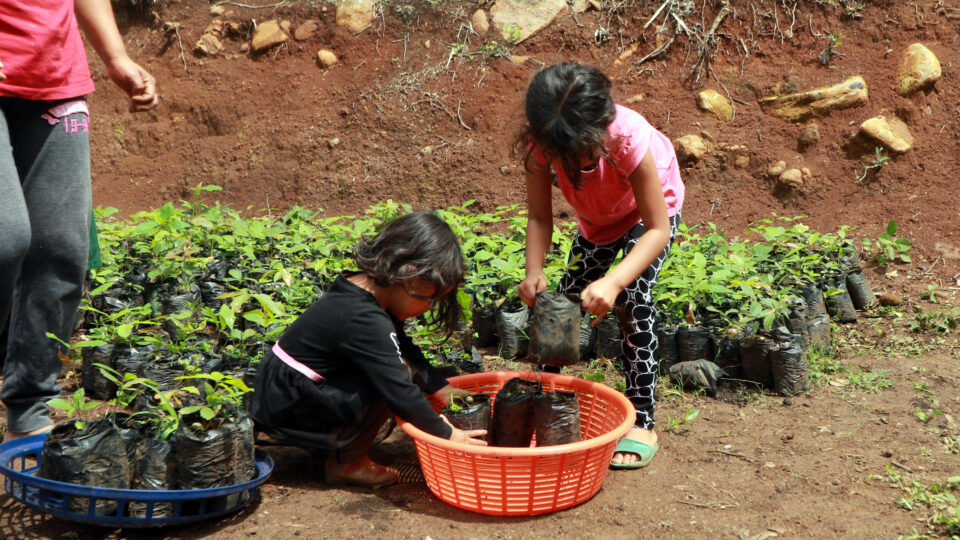 |
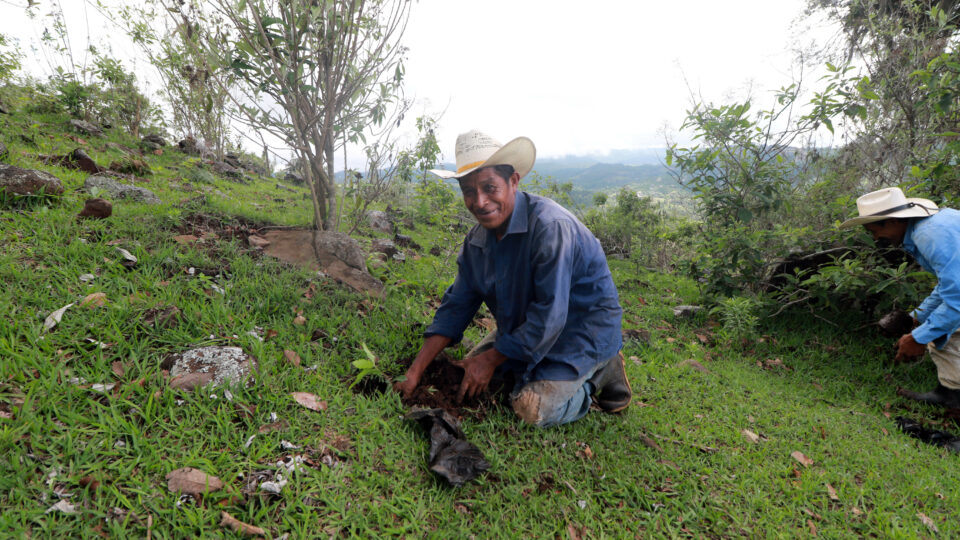 |
Through the breeding programme Mónica has set up, they were able to breed and release 11 young lizards into their natural habitat this year. For the breeding programme, pregnant females are collected from isolated trees outside the habitat restoration area. When lizards are isolated, they are more susceptible to predation and competition, and they lose important (genetic) connections with other populations. By including these isolated females in the breeding programme, it gives them a safe space to give birth and for young to grow, and the reintroduction of their young gives their genetic lines a new chance. Local people and families are able to participate in the conservation project and are invited to help releasing the young lizards into the wild. This activity creates a special connection between the people, the project and the animals.
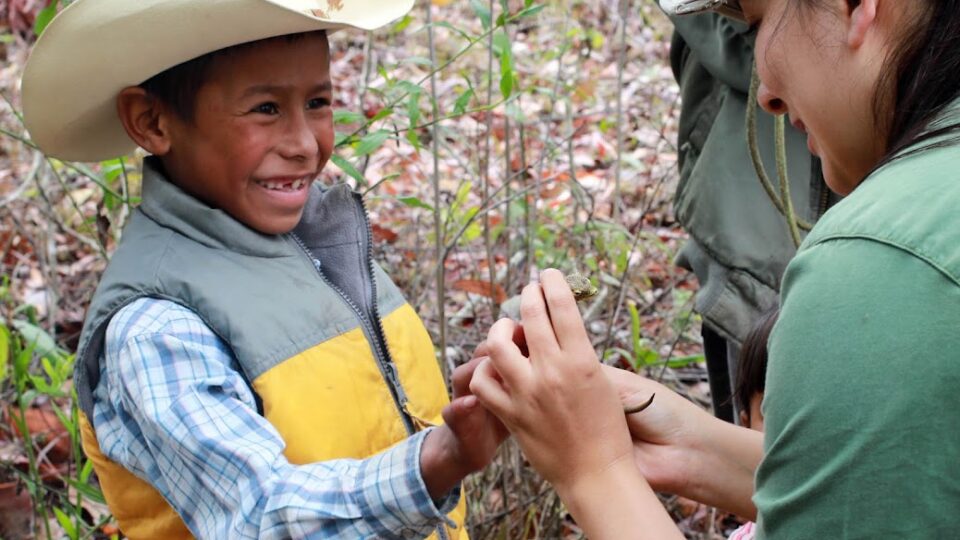 |
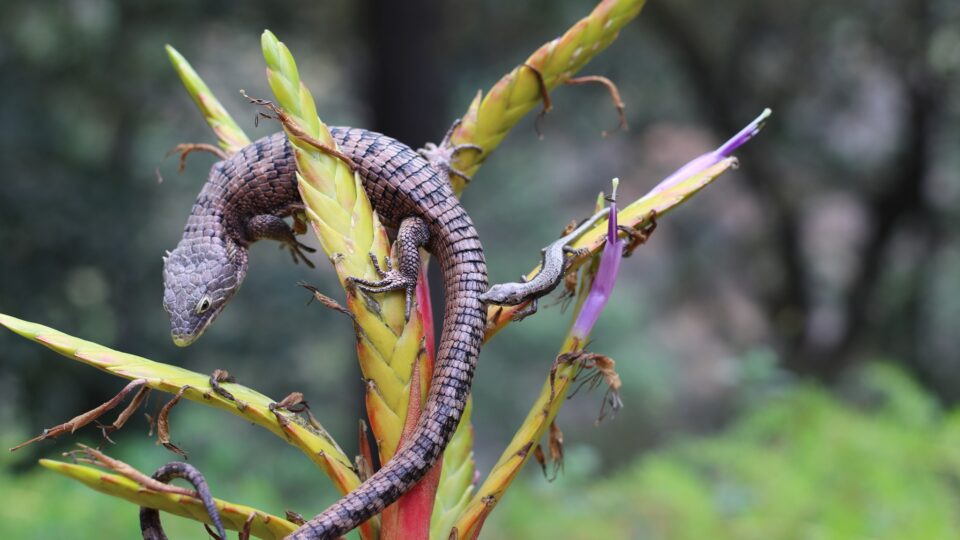 |
The Campbell’s alligator lizard conservation programme will continue to grow. Habitat restoration efforts will be expanded, meaning more areas need to be covers, new communities reached out to and tree nurseries multiplied. Mónica and her team are also building relationships with national authorities to introduce the concept of forestry incentives to small producers in the area. This will complement their strong bond with local communities and the work they already do on a smaller scale.






